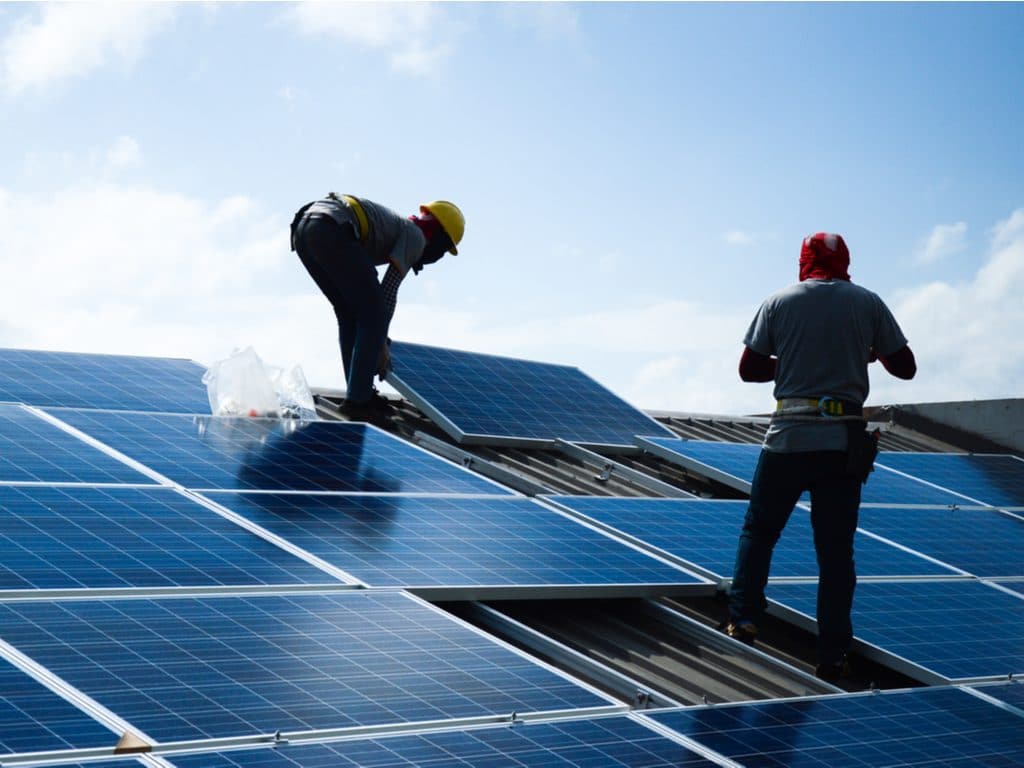The initiative that should improve access to electricity in Nigeria. The Nigeria Rural Electrification Agency (NREA), whose aim is to ensure the supply of electricity to households in rural areas, has signed subsidy agreements with several suppliers of off-grid solar energy. These will go to seven companies and are divided into two categories.
The first concerns companies that install solar off-grid systems for homes and businesses. These are A4&T Integrated Services, Asolar Systems Nigeria, Txtlight Power Solutions (Lumos Nigeria), Greenlight Planet, Smarter Grid International and Solar Energy by D. light. These companies will be able to benefit from the Results-Based Fund (OBF).
The second category is a performance-based grant (PBG). It will be granted to companies that install solar mini grids to supply homes in rural areas. For the time being, only PowerGen Renewable Energy will benefit from this subsidy. The company, based in Nairobi, Kenya, provides mini-grids in villages in several African countries. In July 2019, it signed an agreement with CrossBoundary Energy Access (CBEA), a fund that finances projects for 60 mini solar photovoltaic grids in rural areas in East Africa.
Support from the World Bank and AfDB
The purpose of the subsidies made available to off-grid providers by the Federal Government of Nigeria’s Rural Electrification Agency is to lower the feed-in tariff and make electricity accessible to one million households in Nigeria over a five-year period. This initiative is part of the Nigeria Electrification Project (NEP) supported by the World Bank.
“NREA, in collaboration with the federal government, has obtained funds from the World Bank ($350 million) and the AfDB ($200 million). This funding will help us connect communities, schools and homes to electricity,” says Damilola Ogunbiyi, REA’s Executive Director.
Faced with a failing national electricity grid in Nigeria, the government, as well as companies, are turning to the solar off grid, an easy-to-install and less expensive solution. Thus, several initiatives are emerging to enable households, especially in remote areas, to benefit from this solution. Recently, the Nigerian company Community Energy and Social Enterprise Limited (CESEL) launched the Diaspora-Power (DPower) initiative. Its goal is to mobilise $1 billion from the funds sent each year by the Nigerian diaspora to the country.
Jean Marie Takouleu
